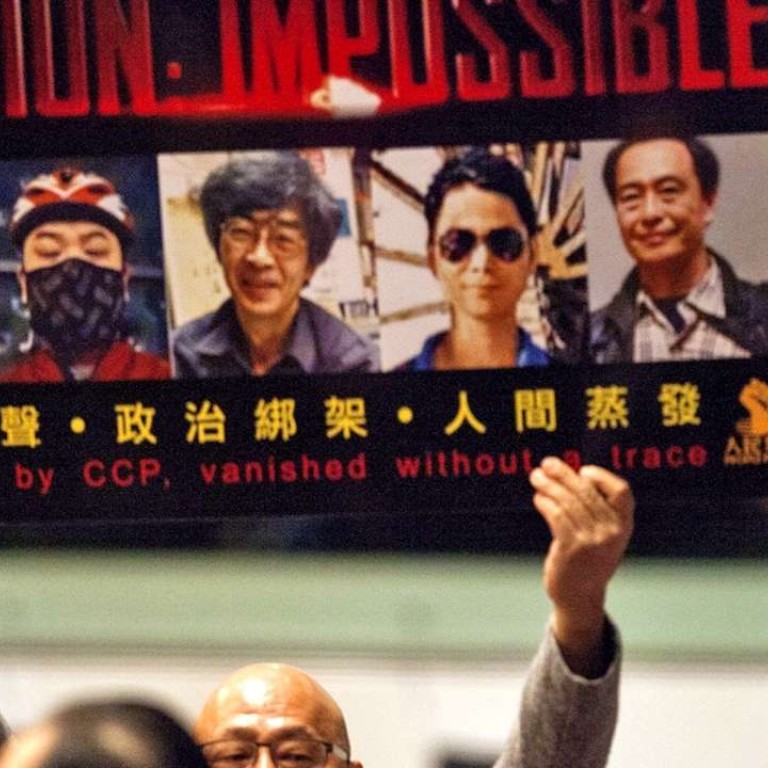
Case of the ‘missing’ booksellers still leaves unanswered questions
Assurances are needed that the “one country, two systems” formula remains firmly in place
Having “disappeared” for a few months, missing bookseller Lee Po briefly returned to the city on Thursday and left yesterday again for the mainland, where he plans to go on holiday and pay respects to ancestors. His safe but brief return might not have cleared the worries and doubts over the controversy. It is nonetheless good to learn that he is reunited with his family.
Lee and four others specialising in the trade of books banned on the mainland reportedly went missing late last year. Since then, light on their whereabouts has been shed in various ways. In an interview by the media on the mainland, Lee dismissed claims that he had been abducted by law enforcement from the mainland. He maintained that he smuggled himself across the border “in his own way” to help investigations by the mainland authorities, but refused to give further details. He also said the bookstore in question would be shut down and he urged others not to engage in such business. The message from Lee is clear – it was time to lay the controversy to rest and move on. He and two other associates have told the Hong Kong authorities that there was no need to pursue their cases further. But whether Hongkongers are convinced by the story is another matter.
For local immigration authorities, the chapter is far from over. Lee claimed that he had sneaked across the border without using the usual immigration checkpoints, raising questions whether the law has been broken. The public is still waiting for the government to clear the air and, if needed, take the appropriate legal action against him.
The case has been described by the Bar Association chief as probably the most worrying since the handover. That sentiment has also been reflected in the way the community has reacted to the incident over the past few months. Chief Executive Leung Chun-ying and Beijing’s Liaison Office’s legal affairs chief Wang Zhenmin also expressed concerns over the cases. As Leung rightly said, mainland authorities are not allowed to exercise enforcement power in Hong Kong under the principle of “one country, two systems”. Lee’s account may not convince everyone. But without concrete evidence, the notion of cross-border law enforcement remains speculation rather than conclusion. The success of “one country, two systems” relies on joint efforts and mutual trust. The queries arising from the controversy do nothing to enhance public confidence. Assurances are needed that the formula remains firmly in place.

